Results
-
£58.00
Bliv kvar hos mig - William Henry Monk - Stig Gustafson
Willam Henry Monk wrote the music to this psalm in 1861. It's among the most popular all over the world and it's regared as one of the most beautiful melodies ever written.
Estimated dispatch 7-14 working days
-
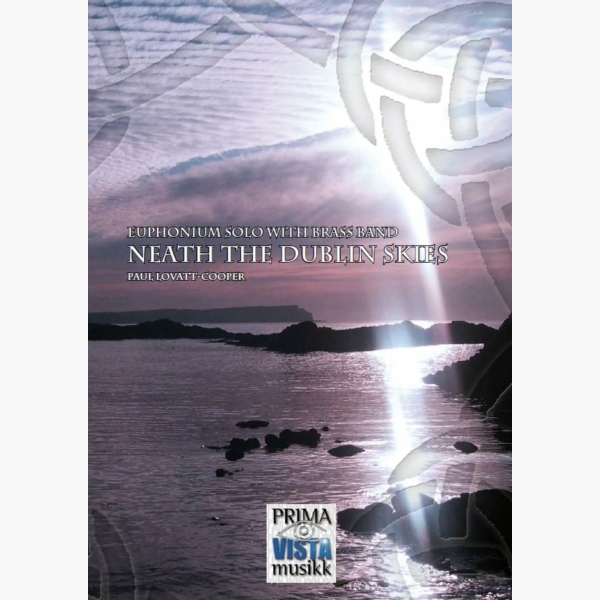 £34.95
£34.95'neath the Dublin Skies - Paul Lovatt-Cooper
'neath the Dublin Skies was written for David Childs and first performed by him with Cory Band during their tour of Ireland in September 2007. The music is certainly Irish in nature featuring an atmospheric introduction, ornamented reel, lyrical melody...
Estimated dispatch 5-7 working days
-
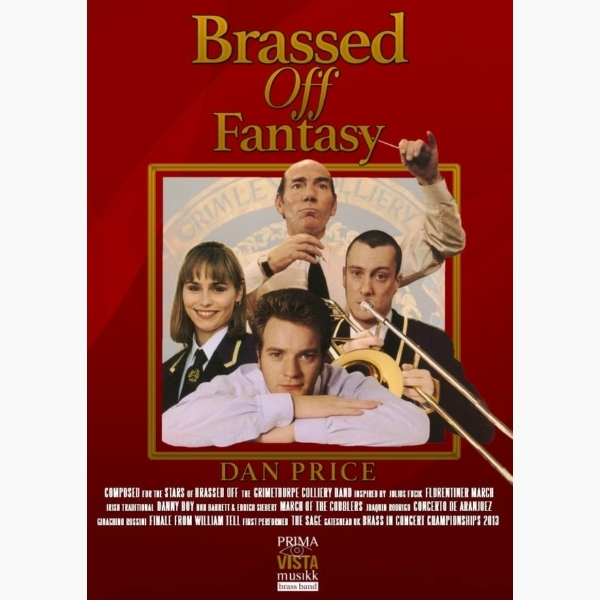 £29.95
£29.95Brassed Off Fantasy - Dan Price
Commissioned in 2013 by the Grimethorpe Colliery Band and included in their Brass in Concert program the same year, Brassed Off Fantasy is a skilfully written selection of music which appears in the 1996 film Brassed Off, which of course,...
Estimated dispatch 5-7 working days
-
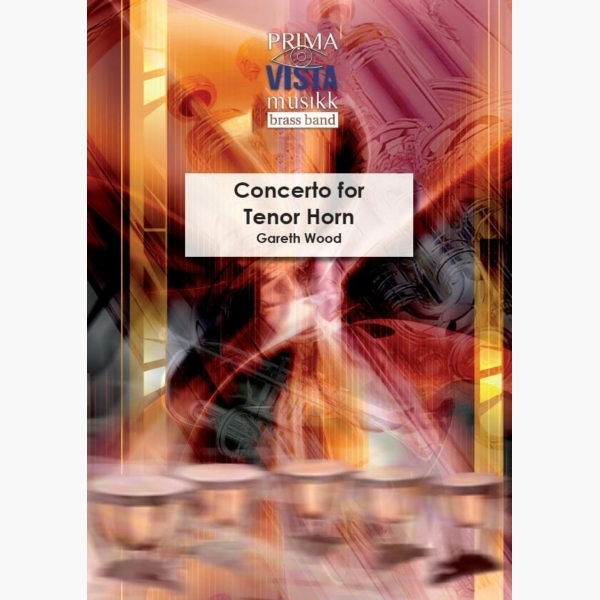 £64.95
£64.95Concerto for Tenor Horn - Gareth Wood
Gareth Wood's Concerto for Tenor Horn was commissioned by the Welsh Amateur Music Federation at T Cerdd-Music Centre Wales, with additional funding from the Arts Council of Wales and the PRS Foundation. The work was written for tenor horn soloist...
Estimated dispatch 5-7 working days
-
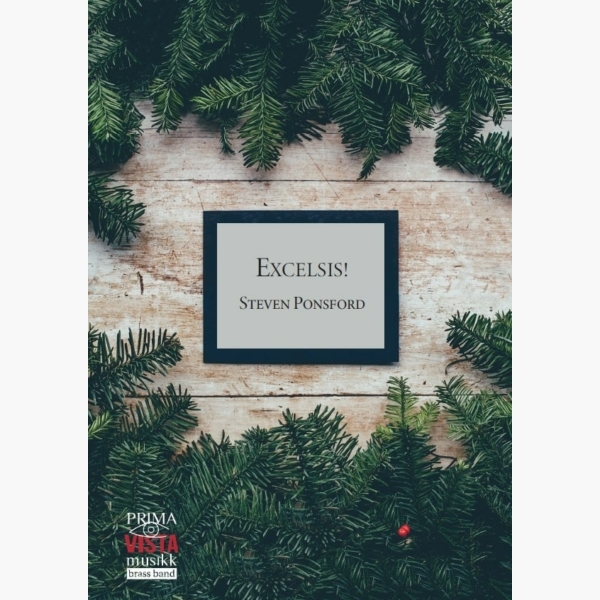 £34.95
£34.95Excelsis! - Steven Ponsford
Written for Birmingham Citadel Band, Excelsis! portrays something of the wonder and excitement of the Christmas story. The music features traditional carols either side of John W Peterson's beautiful lullaby Sleep, Holy Child in the central nativity section.
Estimated dispatch 5-7 working days
-
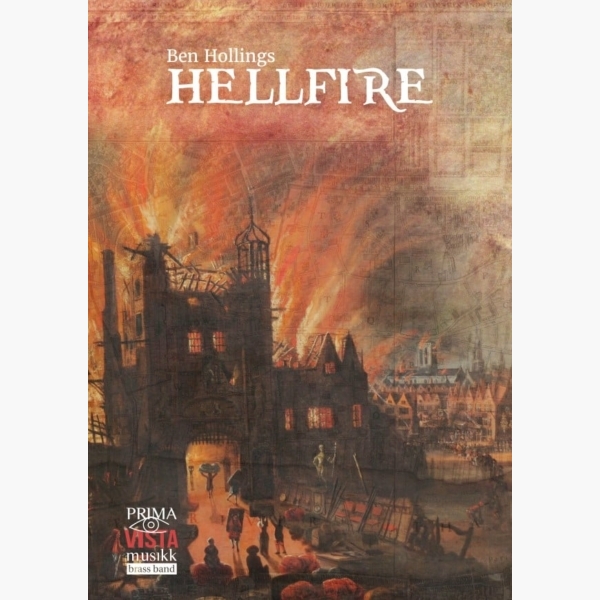 £34.95
£34.95Hellfire - Ben Hollings
Hellfire was written for the Carlton Main Frickley Colliery Band's programme of music at the 40th Brass in Concert Championships at the Sage, Gateshead; a programme which told the story of the Great Fire of London 350 years ago. Hellfire...
Estimated dispatch 5-7 working days
-
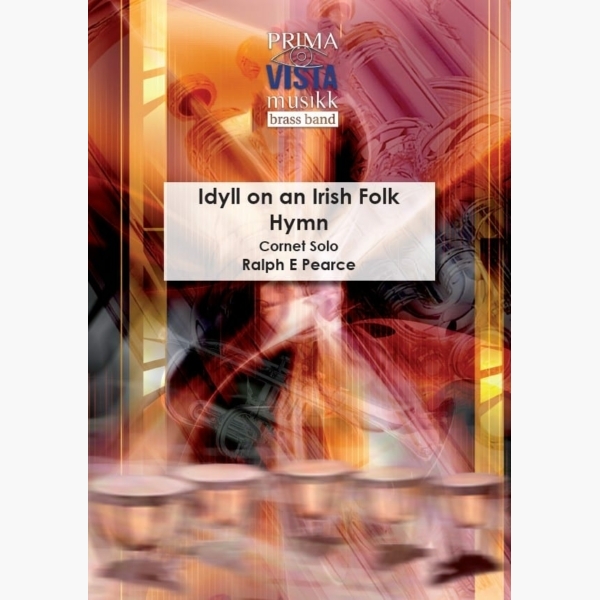 £24.95
£24.95Idyll on an Irish Folk Hymn - Ralph E Pearce
Idyll on an Irish Folk Hymn was originally written for a concert of Irish music given by the Phoenix-based Salt River Brass. It was made at the request of a close friend of the composer, whose favourite melody this is....
Estimated dispatch 5-7 working days
-
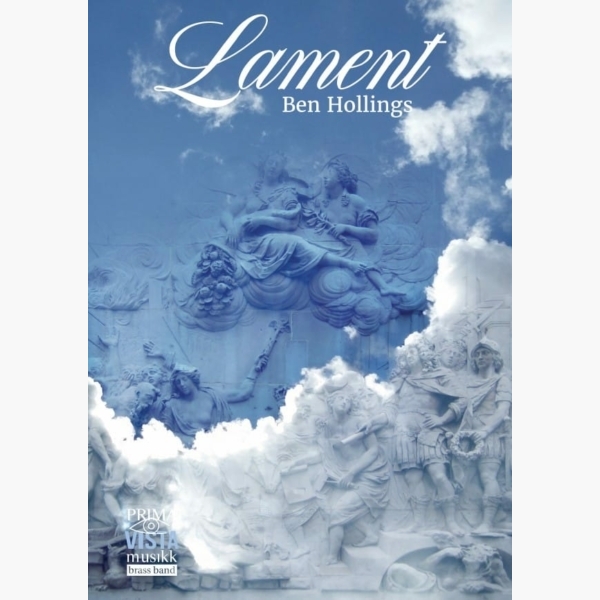 £24.95
£24.95Lament - Ben Hollings
Lament was written for the Carlton Main Frickley Colliery Band's programme of music at the 40th Brass in Concert Championships at the Sage, Gateshead. The programme, based upon the Great Fire of London, tells the story of the fire in...
Estimated dispatch 5-7 working days
-
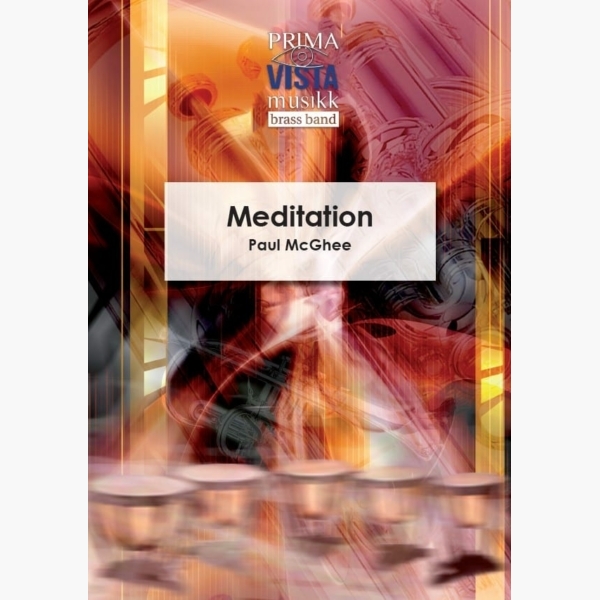 £24.95
£24.95Meditation - Paul McGhee
Meditation was originally written in 2005 for piano as an Erik Satie pastiche exercise whilst the composer was studying at the Royal Welsh College of Music and Drama. It was scored for brass band in 2007 for the wedding ceremony...
Estimated dispatch 5-7 working days
-
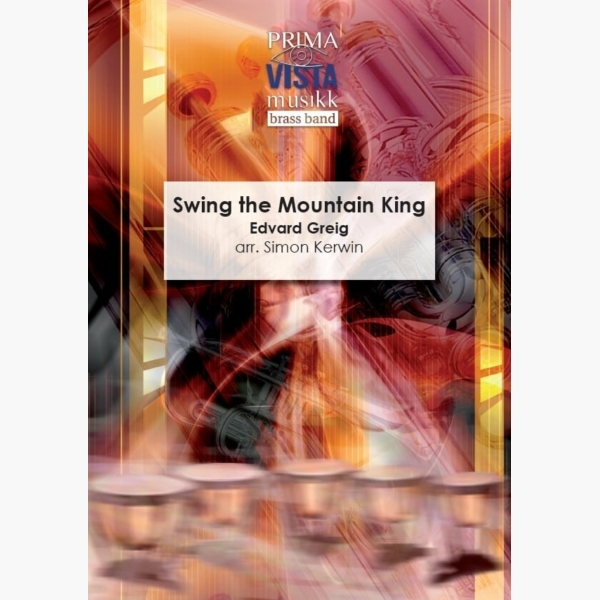 £24.95
£24.95Swing the Mountain King - Edvard Grieg - Simon Kerwin
'In the Hall of the Mountain King' was composed by Grieg as part of the incidental music for Henrik Ibsen's play Peer Gynt. A fantasy story written in verse, Peer Gynt tells of the adventures of the eponymous boy. The...
Estimated dispatch 5-7 working days
